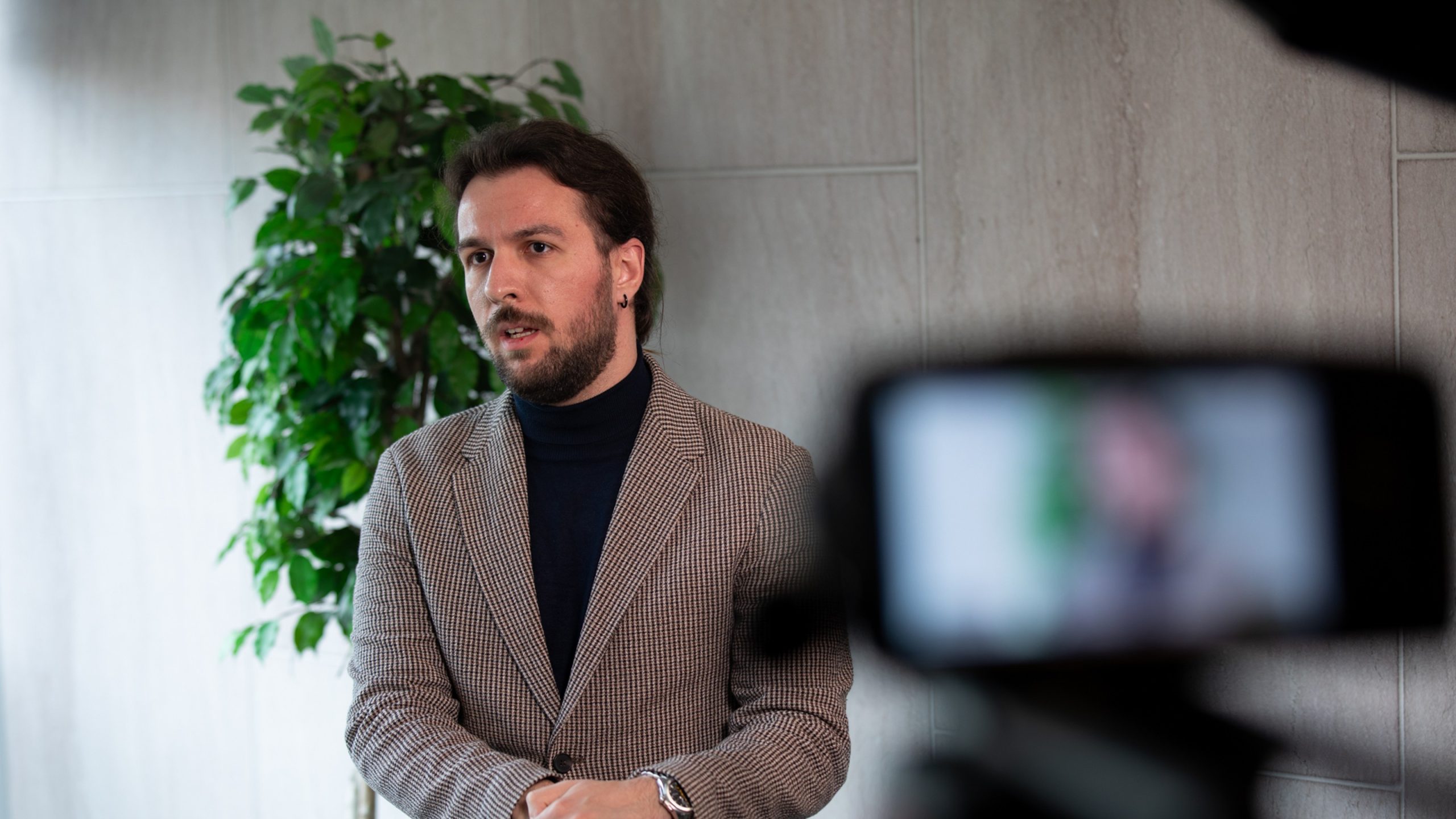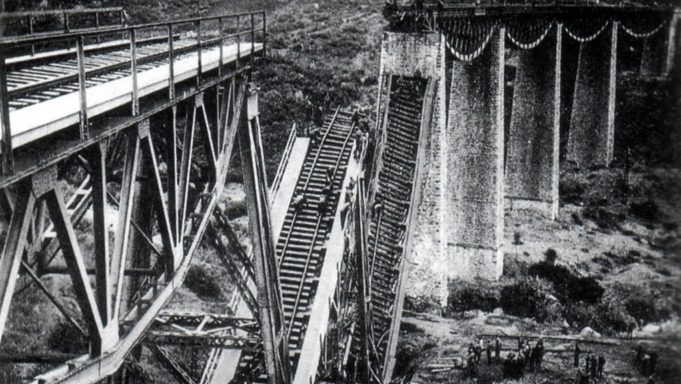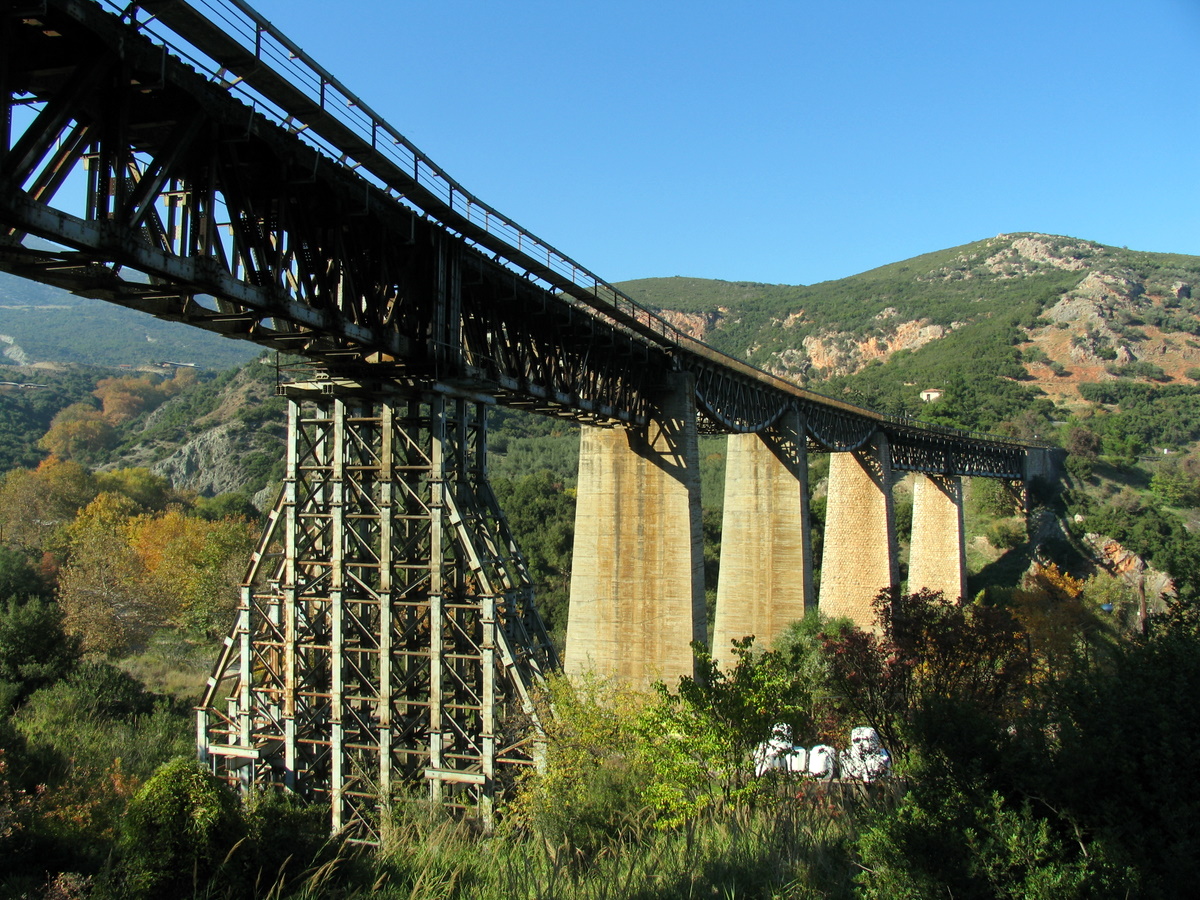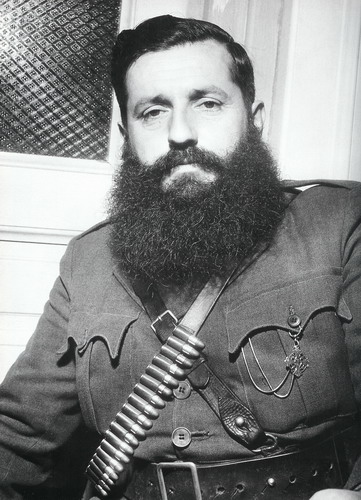The unbearable lightness of partying
What began as a local festival proposal has escalated into dispute over memory and the boundaries of celebration. We are in Greece, in September 2025, when a youth initiative unexpectedly sparked a national debate on memory, heritage, and the management of monuments. The newly formed Youth Council of Lamia, capital of the region of Central Greece, enthusiastically announced the organization of the first “Gorgopotamos River Party” under the historic bridge of Gorgopotamos, a site of executions of the national resistance during World War II and a landmark of great importance for national reconciliation and unity, as diverse guerrilla groups (ELAS: Greek People’s Liberation Army, affiliated with the Communist Party under the leadership of Aris Velouchiotis, and EDES: Conservative Armed Group, right-wing, under Napoleon Zervas) together with British saboteurs blew up the bridge under the leadership of Eddie Meyers, dealing a serious blow to the structures of the Axis forces. However, although the blowing up of the Gorgopotamos bridge was one of the greatest acts of sabotage during World War II, It was admired throughout occupied Europe, but its impact on the North African front was very limited because the operation was carried out after the fact, having been delayed by two months. During this time, Rommel’s forces, having lost the Battle of El Alamein, moved further west, so their supply route through Greece was no longer relevant.
Returning to the present day, according to the organizers, the event was a celebration of culture and music with DJs and local businesses, designed to attract people and showcase a place that often remains off the tourist trail. However, the announcement of the party caused a storm of reactions. In a live television debate, members of the Youth Council argued that they wanted to “showcase” rather than “desecrate” the site, putting it more firmly on the tourist map, assuring that they had obtained all the necessary permits and safety measures, which is now being disputed. In contrast, representatives of memorial organizations emphasized that the event was tantamount to an insult, with Ms. Lazou, a historian, professor at Aristotle University of Thessaloniki, and director of the National Resistance Museum, noting “the place where the DJs and tables will be set up is the site of the execution of patriots.”
Soon, the controversy spread beyond the local community. The Panhellenic Organization of National Resistance Fighters called for the cancellation, describing Gorgopotamos as “a leading place of remembrance not only for Greece but also for Europe,” since the blowing up of the bridge in 1942 is considered one of the most important acts of sabotage against the Nazis in Europe. At the same time, in a joint statement, the National Council for the Claim of German Debts (ESDOGE) spoke of an “ecumenical symbolism” that cannot be downgraded to a setting of food and music, recalling that November 25 has been established as the official day of remembrance of the National Resistance. Local authorities and relatives of fighters speak of “desecration” of the site, complaining that “development does not come by desecrating the blood-soaked soil of our ancestors” and calling on the municipal authorities to back down. The potential frivolity of an ambitious youth festival has thus turned into an open conflict over memory. However, the youth council does not seem to be backing down, with the party scheduled to take place as planned on September 19, insisting, despite the reactions, on their narrative that the party does not desecrate the site but rather promotes it to tourists, adding that young people communicate and learn about the site through this action.





